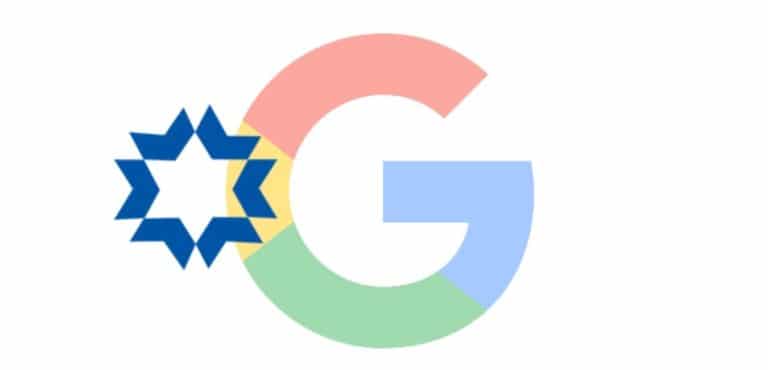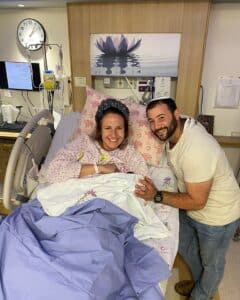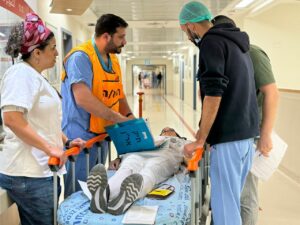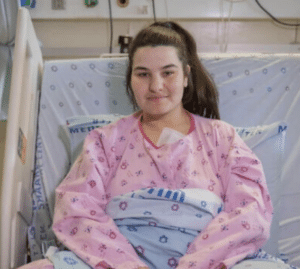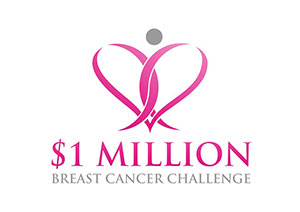Article Source: The Times of Israel
New Google project in Israel aims to use AI to help detect colon cancer
Verily Life Sciences opens R&D center in Israel, will partner with Jerusalem hospital to prevent and manage disease
Google’s Verily Life Sciences has said it will open a research and development center in Israel that will focus on applying artificial intelligence technology to biomedical problems.
The R&D center will move forward with research conducted by Google Health and the Shaare Zedek Medical Center in Jerusalem, Verily said on Thursday.
Verily, formerly called Google Life Sciences, is an independent subsidiary of Alphabet Inc., Google’s parent company. It focuses on life sciences and health care, with the goal of using the world’s health data to prevent and manage disease.
Since it was launched in 2015, it has partnered with leading life science and medical device companies and government organizations.
In Israel, the initiative will focus on using artificial intelligence to detect colorectal polyps, growths that appear on the surface of the large intestine that can be cancerous.
The Google project aims to use the technology to better diagnose and treat colorectal cancer, which kills over 900,000 people worldwide per year. The standard procedure to detect and remove the polyps is the colonoscopy, which studies suggest misses between 22-28% of polyps, Google said in a blog post on the new project. Around 19 million colonoscopies are carried out in the US each year.
In a typical colonoscopy, gastroenterologists carry out a visual examination with a camera. The Verily research project hopes using an AI system, training with hundreds of hours of colonoscopy videos, can help gastroenterologists detect polyps they might otherwise miss.
In an early trial, researchers at Shaare Zedek used the AI system to help gastroenterologists carry out 100 colonoscopies. The system detected one polyp the physicians missed per procedure, on average, and did not miss any polyps the gastroenterologists found.
Early research conducted in Israel on the effort to use AI to better detect polyps was published in June in the medical journal Gastrointestinal Endoscopy.
The Verily team in Israel will be housed in Google offices in Tel Aviv and Haifa, and will be led by Ehud Rivlin, a computer science professor at the Technion who has worked with Google Health.
Read the full article here.


